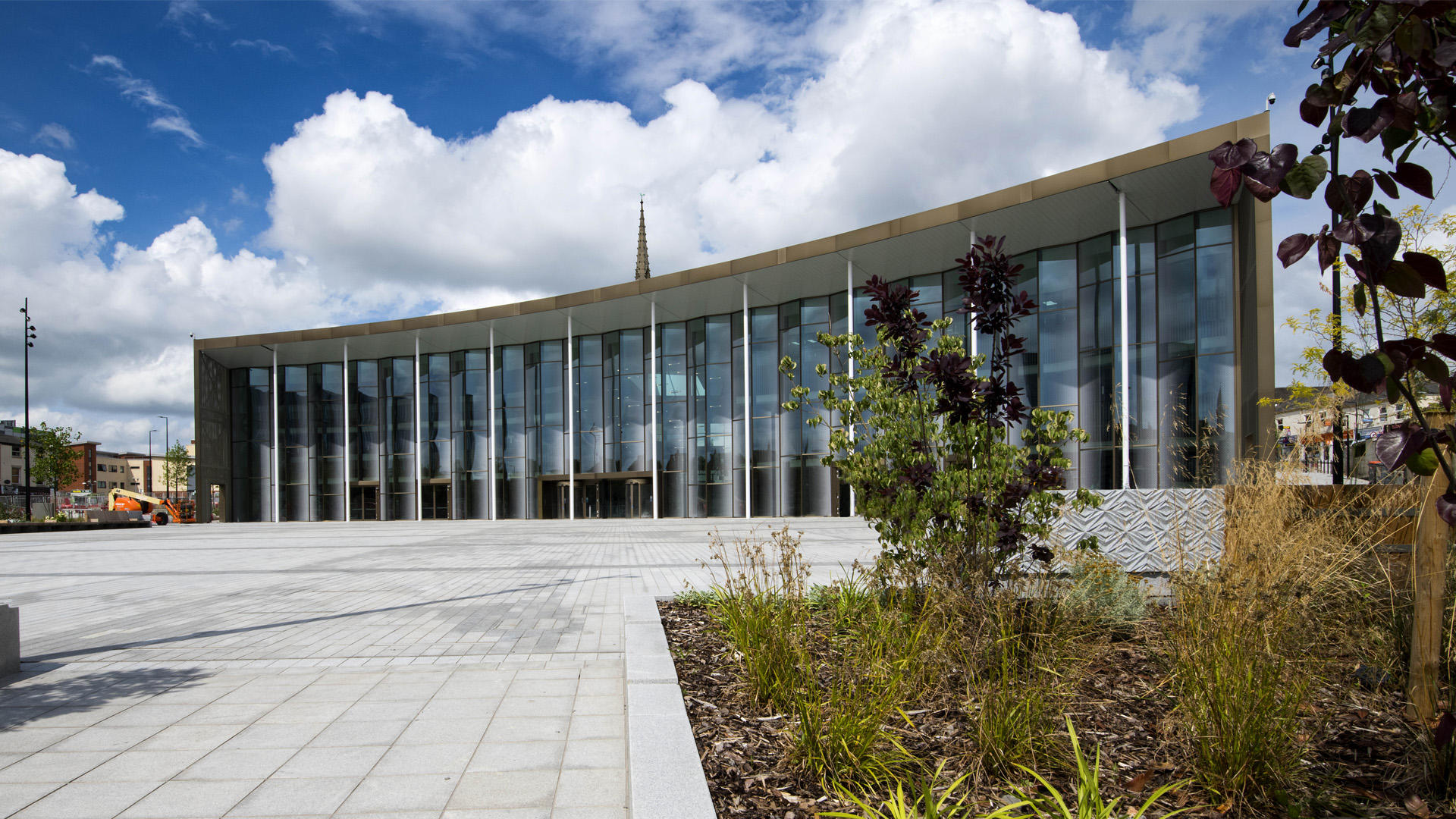Often, in serious crimes, witness memory is the best piece of evidence available to the police and so, optimising composite systems to produce more effective composites is of key importance to criminal investigations. More specifically, the research is considering whether recognition-based techniques can be effective towards the end of face construction to refine individual features of the face, thereby promoting a more accurate face.
Research
The research is exploring these techniques for practical but nonetheless theoretically-interesting situations around when a face is encoded, including length of time for which a target was seen, viewing distance and witness anxiety.
The focus is on the EvoFIT holistic system initially but the plan is that techniques will be applied to other production systems, to be of most benefit to forensic practitioners.
Findings will contribute to the continued optimisation of the EvoFIT and other composite system used with police forces in the UK and overseas.
Project lead: Dr Beth Richardson
Project staff: Lauren Elizabeth Ellison
Clients or Funders: Police forces (UK and overseas) and Independent forensic practitioners
Collaborators and Partners: Professor Charlie Frowd
Timeline: 2019 -
Impact
- Development of systems for maximising identification of serious criminals
- Production of composites in a supervised environment
- Optimisation of techniques that produce the most identifiable composite face
Public outputs
Frowd, C. D., Grieve, J., & Hancock, P. J. B. (2019). Accelerating the evolution process to greatly improve identification of a facial composite. Conference for the European Association of Psychology and Law (EAPL), Santiago de Compostela, Spain, July 2019.

